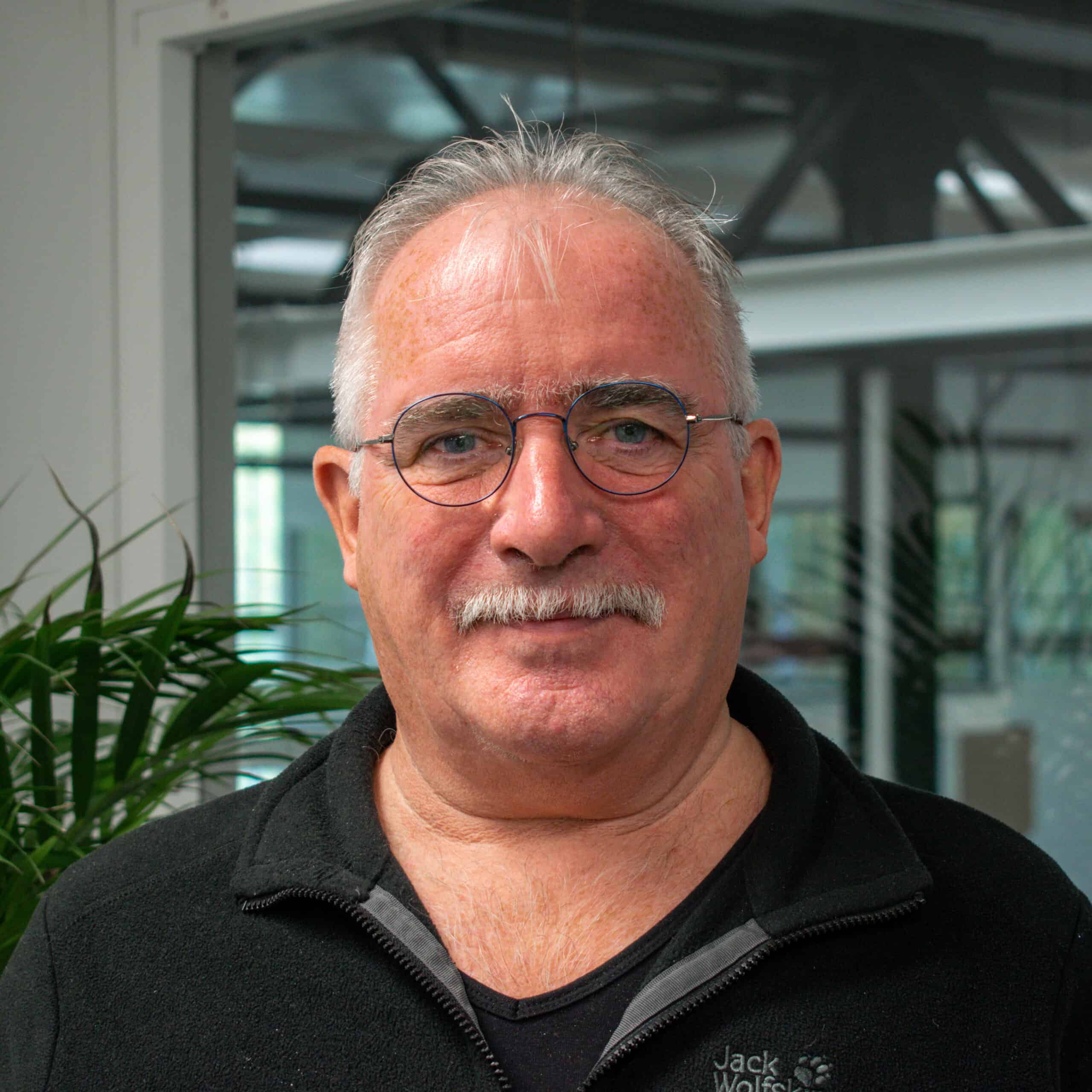
Belgian and French hospital nurses are delighted with the protective snorkeling masks that are now being provided free of charge on a grand scale. The masks were originally designed to be used as sports equipment. Thanks to a purpose-built adapter, they can now also be used in the medical sector. The converted masks are being manufactured on an industrial scale by a Belgian-French-American consortium.
The Vrije Universiteit Brussel (VUB) announced this today in a press release. Three weeks ago, the VUB designed a 3D-printed adapter that can convert a recreational mask into protective equipment for hospital staff caring for Covid-19 patients.
At the same time, a joint venture has also been developing similar protective equipment using the same EasyBreath Subea mask from the European sports brand Decathlon. This collective is now manufacturing the adapter on a vast scale too. Now, these two groups have joined forces to meet the urgent demand for more protective equipment. The industrial collective and the Belgian insurance company Ethias are distributing this new solution free of charge and on a large scale to any Belgian hospitals that are interested.
Free snorkeling masks delivered free of charge
Thanks to the combined efforts of the two joint ventures, the adapter can be delivered to any Belgian hospital that needs it within less than a week. Hospitals are able to request this via [email protected]. The industrial collective will provide the adapters free of charge, while the insurer Ethias, which supports the initiative, will deliver the masks free of charge.
The project was launched in Belgium by the engineers of the BruBotics research group at VUB. In mid-March, the first 3D-printed adapters were produced in less than three days. In a very short period of time, this solution was able to demonstrate its usefulness in meeting the most urgent needs in hospitals. Saint-Pierre Hospital in Brussels, a medical university that specializes in infectious diseases, was able to validate the solution.
Mold for industrial manufacture of adaptors
In mid-March, a collective of researchers, academics, creators, physicians, and industrialists was simultaneously set up in France to transform this 3D emergency solution into a product that could be manufactured on an industrial scale. In conjunction with this collective, the French manufacturer BIC designed and developed a mold for the industrial production of the adapters in record time. The collective carried out application tests in hospitals and received temporary authorization to distribute the product from the ANSM regulatory body, the French counterpart of the Belgian FAMHP (Federal Agency for Medicines and Health Products).
The mask is intended exclusively for professional use by healthcare staff at hospitals. It can be reused after disinfection. However, this must be done in accordance with very strict protocols that only hospitals are capable of complying with. Since the exhaled air is not filtered, the solution is moreover only intended for personnel who are directly caring for COVID-19 patients.

No snorkel needed
The complete system, consisting of the EasyBreath mask, the adapter, and the filter, turns a recreational mask that covers the eyes, nose, and mouth into personal protective equipment that also filters any inhaled air. It thereby protects healthcare providers in hospitals against the transmission of microorganisms, body fluids, and particulate matter during critical interventions involving patients who are (suspected of being) infected with the coronavirus. The mask comes in different sizes so that it can fit every face. Just the snorkel needs to be replaced with the adaptor before use. The adapter is then connected to an antiviral/antibacterial filter that hospitals have at their disposal. The adapter is suitable for all sizes of EasyBreath Decathlon masks.
The consortium is made up of: Vrije Universiteit Brussel, Endo Tools Therapeutics, St.-Vicentius Hospital Antwerp and UMC Sint-Pieter Ziekenhuis Brussel, Decathlon (Belgium), BIC, Ethias, Stanford University USA, Plankton Planet, CNRS, la Fondation Tara Océan, CHRU van Brest, Centre Hospitalier Saint-Malo, Atelier PontonZ, UBO Open Factory: FabLab, Evanov, Ecole Polytechnique Fédérale of Lausanne, Elliptika and FM Logistic.

